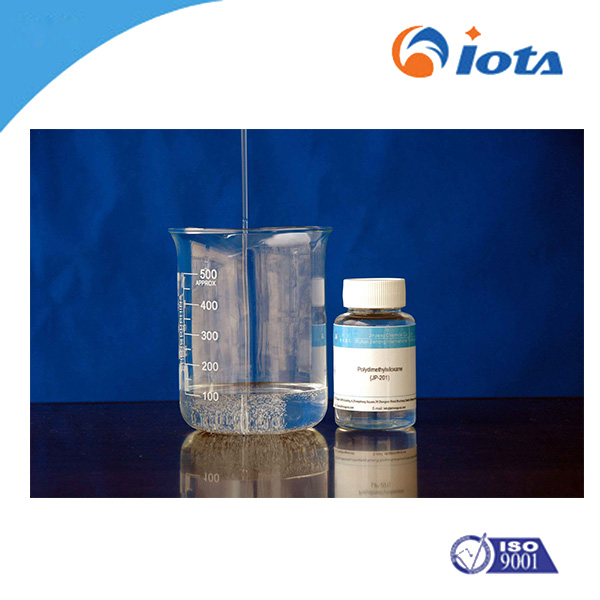Silicone materials are a type of polymer material with silicon-oxygen bonds (Si-O-Si) as the main chain. Due to their unique chemical structure and excellent performance, they have been widely used in many fields. This article will introduce in detail the characteristics, preparation methods and main application fields of silicone materials.

Characteristics of silicone materials
1. Heat resistance: Silicone materials can still maintain stable performance at high temperatures. They can usually be used for a long time at temperatures above 250°C, and can even withstand high temperatures above 500°C in the short term.
2. Weather resistance: Silicone materials have excellent tolerance to ultraviolet rays, ozone and extreme temperatures, and are suitable for long-term use outdoors and in harsh environments.
3. Electrical insulation: Silicone materials have excellent electrical insulation properties and are widely used in electronic packaging and insulation materials.
4. Chemical stability: Silicone materials have excellent chemical resistance to acids, alkalis, solvents and oils, and can maintain stable performance in corrosive environments.
5. Biocompatibility: Silicone materials are non-toxic, non-irritating, have good biocompatibility, and are suitable for medical and food contact fields.
Preparation method of silicone materials
The preparation of silicone materials usually proceeds through the following steps:
1. Hydrolysis condensation reaction: The silicone monomer (such as methyltrichlorosilane, phenyltrichlorosilane) is hydrolyzed with water to generate silanol intermediates.
2. Polycondensation reaction: The silanol intermediate forms a silicon-oxygen bond through a polycondensation reaction to generate a silicone prepolymer.
3. Cross-linking and curing: The silicone prepolymer is cross-linked and cured by heating or adding a catalyst to form a three-dimensional network structure.
Application fields of silicone materials
1. Electronic industry: In electronic packaging, circuit boards and thermal conductive materials, silicone materials have become the preferred materials due to their excellent electrical insulation and heat resistance.
2. Medical field: Silicone materials are widely used in medical devices, implants and drug delivery systems due to their biocompatibility and chemical stability.
3. Construction field: In building coatings, sealants and waterproof materials, the weather resistance and waterproofness of silicone materials make them high-performance building materials.
4. Aerospace: In aerospace, silicone materials are used to make insulation materials, seals and coatings due to their high temperature resistance and lightweight properties.
5. Automotive industry: In automotive engines, exhaust systems and battery packaging, silicone materials' high temperature stability and chemical resistance make them key materials.
Conclusion
With their unique chemical structure and excellent performance, silicone materials have shown broad application prospects in electronics, medical, construction, aerospace and automotive fields. With the advancement of materials science, the performance of silicone materials will be further improved and their application areas will be more diversified.
To learn more, click here
https://www.siliconematerial.net/